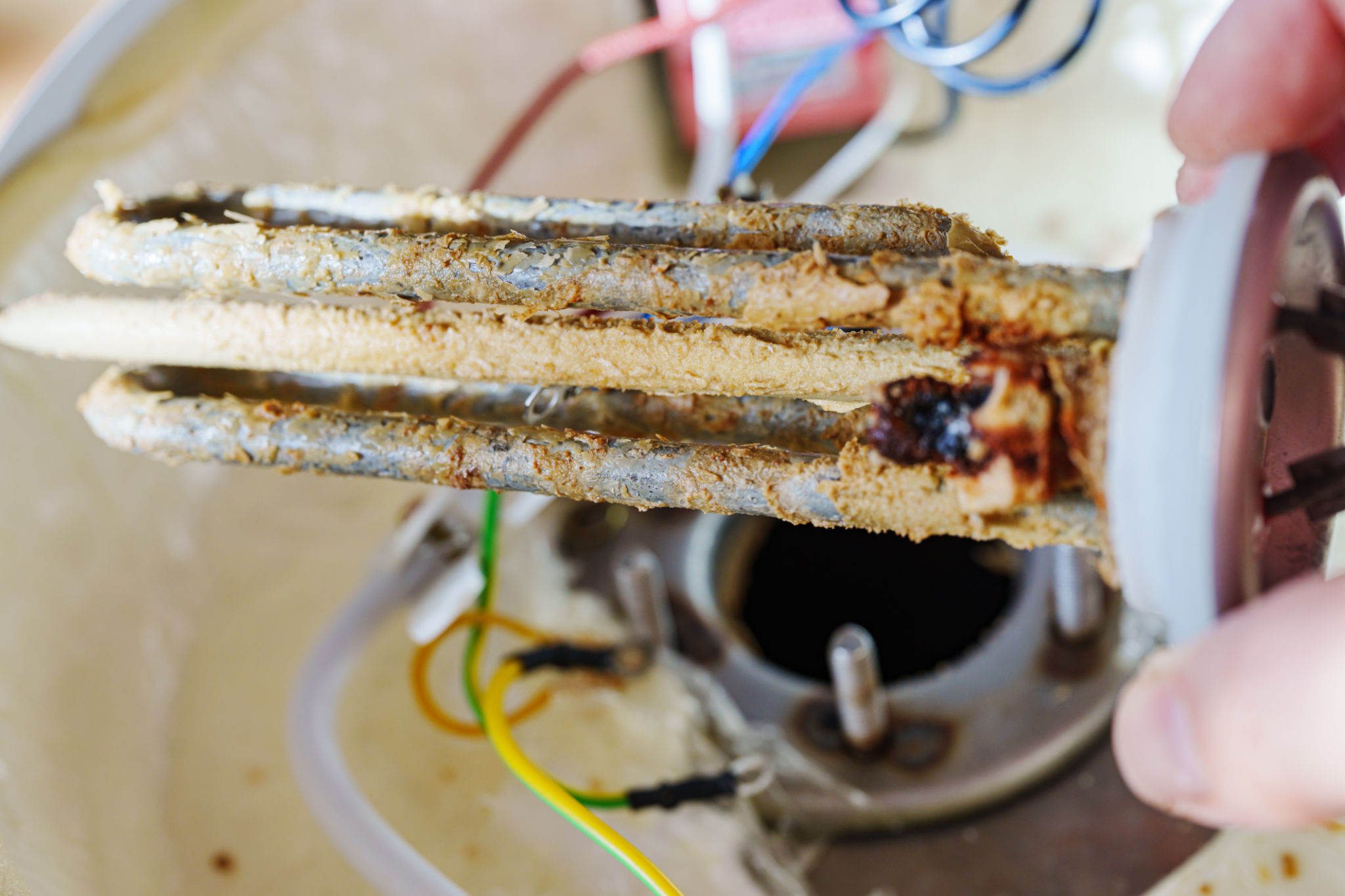Comparing Tankless and Traditional Water Heaters: Which is Best for Your Ohio Home?
HG
Understanding the Basics
When it comes to heating water for your Ohio home, you typically have two primary options: tankless water heaters and traditional tank-style water heaters. Each type has its own set of advantages and drawbacks, making it essential to understand their differences before making a decision.

Efficiency and Performance
Tankless water heaters are often praised for their efficiency. Unlike traditional models, which continuously heat and store water in a tank, tankless systems heat water on demand. This can lead to significant energy savings, as you're not constantly reheating stored water.
On the other hand, traditional water heaters tend to have a higher initial heating capacity. They keep a reservoir of hot water ready, which can be beneficial during times of high demand. However, once this reservoir is depleted, there can be a wait time for more hot water.
Installation and Space Considerations
Another factor to consider is installation and space. Tankless water heaters are compact and can be mounted on walls, freeing up valuable floor space in your home. This can be particularly beneficial in smaller homes or apartments where space is at a premium.

Traditional water heaters require more space due to the need for a storage tank. Installation can also be more straightforward and less costly compared to their tankless counterparts, which may require additional plumbing work.
Cost Implications
The cost of purchasing and installing a tankless water heater is generally higher than that of a traditional unit. However, the long-term energy savings from reduced heating costs can offset this initial investment over time.
Traditional water heaters are less expensive to purchase and install but may lead to higher utility bills over the years due to their continuous heating cycle.
Longevity and Maintenance
Tankless water heaters typically have a longer lifespan than traditional models, lasting up to 20 years or more with proper maintenance. They also tend to have fewer problems related to rust and sediment buildup, which can plague traditional tanks.

However, regular maintenance is crucial for both types. Tankless units may require periodic descaling, while traditional models need regular flushing to remove sediment buildup.
Environmental Impact
For environmentally-conscious homeowners, tankless water heaters are often the preferred choice. Their energy-efficient design reduces carbon emissions and contributes to lower energy consumption overall. This makes them an attractive option for those looking to reduce their environmental footprint.
In contrast, traditional water heaters use more energy over time, which can contribute to higher carbon emissions. However, they are often more recyclable due to the materials used in their construction.
Making the Right Choice
Ultimately, the decision between a tankless and a traditional water heater comes down to your specific needs and circumstances. Consider factors like budget, household hot water demand, available space, and environmental concerns when making your choice.
Consulting with a professional can also provide additional insights tailored to your home's unique requirements. By weighing the pros and cons of each option, you can make an informed decision that ensures comfort and efficiency in your Ohio home.